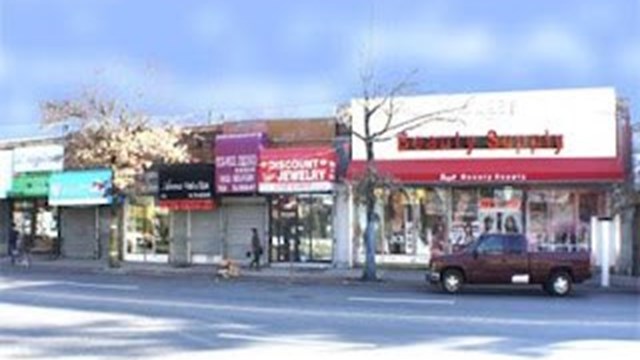No market can continue to sustain the astonishingly high prices that New York cooperatives and condominiums brought last year. The moderation of prices we are experiencing in 2001 represents a return to a more rational marketplace in which demand still chases a limited supply of product.
Starting with the last quarter of 2000 and through this year to date, there has been a leveling off of sales and prices. Looking ahead, we can reasonably expect a seasonal uptick in the market in the next quarter, especially if the Federal Reserve again cuts the rate. A cut in rates may bode well for the rest of the year.
Two factors should keep the real estate market reasonably healthy this year, in my opinion:
• The inventory of apartments in New York remains low. More space will be coming on the market his year but not enough to satisfy all of the continued high demand, especially for high-end properties.
• Unlike the stock market, the residential real estate industry does not react up or down to every blip in the economy, good or bad. Our business is more cyclical and even paced.
Despite this leveling off, what we’re seeing in the early part of 2001 is the continuation of a market that remains healthy. Based on activity in the first quarter of 2001, sales and prices are holding steady with little change from year-end 2000.
Average discount on the final list prices of properties–a leading indicator of current conditions–still is holding at less than two percent of the sales price. Some bidding wars on choice apartments continue to take place.
On the other hand, it is beginning to take slightly longer to sell an apartment, compared to last year. So far, however, apartments continue to sell well within the 120- to 150-day range that is considered an exceptionally healthy balance between supply and demand.
A Moderate Market?
Prices will continue to moderate somewhat as the amount of space begins to meet demand. As this happens, real estate brokers will begin to find new customers among holdouts who last year could not find the space they wanted at the prices they preferred. These individuals may be ready to return to the market as serious buyers.
The slowdown in the market was first noticed in the summer of 2000 when apartment sales and prices were compared to levels generated throughout the first two quarters. Instead of the jumps of prices the industry had been experiencing most of the year, prices in the fourth quarter of 2000 held essentially at the same levels as the previous quarter. Increases or decreases were so slight as to be as to be statistically insignificant, as reported in the Douglas Elliman Manhattan Market Overview, prepared by the real estate appraisal firm, Miller Samuel Inc.
What is most notable about the so-called cooling off at the end of 2000 is that apartment prices remained much higher than the levels achieved in the boom year of 1999, and continue to do so.
The overall average sales price of Manhattan apartments in the final quarter of 2000 was $787,708, little changed from the previous quarter–but still 38.4 percent higher than the average of $569,005 posted at the end of 1999. Coop prices were up 40 percent and condo prices up 37 percent in the fourth quarter of 2000 compared to fourth quarter of 1999.
Right now, still early in 2001, we see some hesitancy in the overall economy that could filter down to have an impact on residential real estate. Even if the real estate market this year declines by 10 percent, however, prices will still remain at historically high levels.
Now is the Time
Looking back, a case can be made that the apartment marketplace in 2000 was adversely impacted by the hyperactivity in pricing that kept many prospects away.
If more space comes on the market this year, this is the time to court these holdouts. Residential buyers in Manhattan need to be reminded that they are not just investing in properties; they are buying homes they will probably keep for many years. I never knew anyone who regretted buying a home in Manhattan. But I know people who have regretted not buying when they had the opportunity.
Paul Purcell is managing director and chief operating officer of Douglas Elliman, New York’s largest residential real estate firm.






Leave a Comment